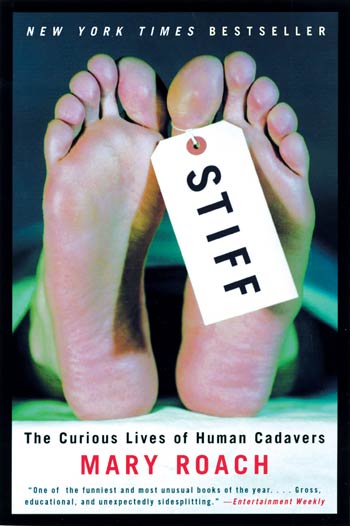When Christmas came around, the Italians needed a hack to look the other way while we all snuck into one unit to get together for dinner. Everyone knew I got along with Officer Hardy.
‘See if he’ll let us do Christmas dinner by you,’ said Gussy.
By now, I did my own thing, kept some distance from the Mob. But these were good guys who looked after me when I arrived.
I talked to Hardy.
‘Okay, Ferrante, but not too many guys, I don’t need a problem.’
On Christmas Day, we took over the rec room in my unit. We pushed together the Ping-Pong tables and threw sheets over them for tablecloths.
Earlier in the week, Patty Paresi stole two buckets from the paint shop. With a homemade heating rod called a ‘stinger,’ we boiled five pounds of macaroni in one bucket, a fish sauce in the other. Ralphy the Bandit made garlic bread and caponata. We even had a plate of finocchio and olive oil.
I gave Hardy A Christmas Carol by Charles Dickens. His nose was an inch off the page as a dozen Italians from other units trickled in during the 6:00 p.m. move.”
Unlocked: A Journey from Prison to Proust is the autobiography of Louis Ferrante, a former loanshark and soldier in the Gambino crime family, at that time under the leadership of the late John Gotti. Lou’s story is remarkable for many reasons, from the hair-raising stories of life on the street - told with a mix of gritty detail and warm humor - to the evolution of his writing and diction itself throughout the book. But like a Godfather version of Pilgrim’s Progress, Lou encounters as diverse and colorful an array of friends and acquaintances who would all play some part in setting his life course from the City of Destruction through the Valley of of the Shadow of Death and on into the Celestial City, to redemption and a life that motivates, encourages and saves through the most valuable commodity he had ever touched.
- Sonny, the Colombo family geisha house owner who ran a fraudulent credit scam from under his wig ( a federal crime);
- The prison guards who tossed him in the hole after an apple throwing incident and gave him time to think about his life and develop the urge to read;
- Fat George, who “had half the Bible tattooed on his body” and access to some books;
- “The broad at the bookstore”;
- Fred, the “small balding man with a fast walk, like a white George Jefferson” who headed the Education Department at Lewisburg [federal prison];
- Jimmy, former head of the notorious Westies Irish mob out of Hell’s Kitchen, once described as a “sadistic thug” renowned for dismembering his hits post-mortem who thought Lou was being wasted working in the kitchen at Lewisburg and “pulled some strings”: “I got you a job at Education,” he said. “Now you can read all you want”; and
- Richard Messina, corporate attorney and convict whom Lou first encountered in the yard reading A. Scott Berg’s Lindbergh …
Napoleon - Vincent Cronin
Mein Kampf
Caesar's Gallic Wars
"Get them books yet?" [Fat George] asked.
"Yeah, who picked 'em?"
"The broad at the store."
"Whaddyu tell 'er?"
"That you were short and bossy."
Louis Ferrante went on to tutor fellow inmates in Shakespeare, world history and literature. He served an eight-years sentence, and has since left both prison and the Mafia life. He is now an author, motivational speaker, and has appeared on The Daily Show. Lou has also published Mob Rules: What the Mafia Can Teach the Legitimate Businessman. Louis sends along these personal recommendations for our library readers:
Les Miserables by Victor Hugo
The Count of Monte-Cristo by Alexandre Dumas
Anna Karenina by Leo Tolstoy
A Tale of Two Cities by Charles Dickens
The Story of My Life by Helen Keller
Nelson Mandela: The Struggle is My Life
A Testament of Hope: The Essential Writings of Martin Luther King
The Autobiography of Benvenuto Cellini
Author Louis Ferrante (image used with permission)











